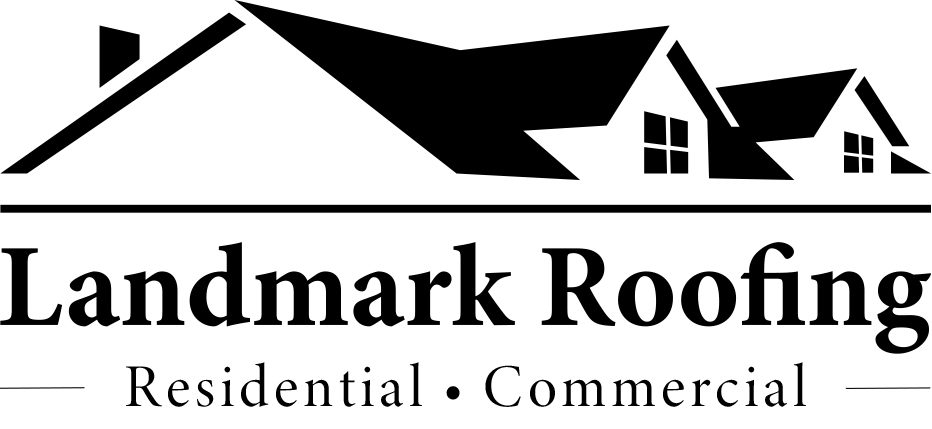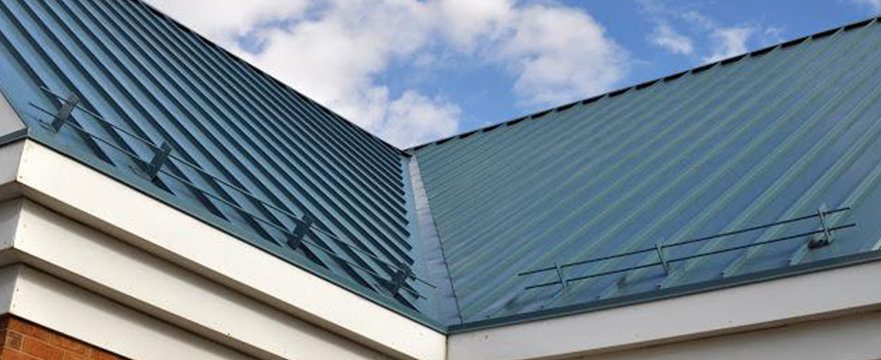Metal roofs are both energy efficient and durable, but they do have their problems like other roofing materials. The following are some of the potential metal roof problems and how you can prevent them.
METAL ROOF CORROSION
Corrosion occurs when a metal reacts with air or water (specifically, oxygen) to form an oxide compound. The corroded metal (the oxide compound) is weaker than the original metal material. Therefore, corroded metal can easily puncture or tear off the roof to allow water leakage. Metal roof corrosion typically occurs if:
- Water ponds on the roof for a long time
- The metal on the roof comes into contact with a different material (for example, if you use a dissimilar metal to patch a damaged section of the roof)
- Damages or punctures exposes the inner surfaces of the metal
Fortunately, you can take several measures to reduce the risk of corrosion. For example, you can:
- Keep the roof clean since debris encourages moisture which encourages corrosion
- Ensure proper drainage on the roof to prevent water ponding
- Paint the roof to provide a protective coating over the metal
- Use coated metal sheets that don’t corrode easily
In short, anything that reduces the roof’s exposure to water reduces the risk of corrosion.
METAL ROOFS ARE NOISY
Metal is inherently noisy than other roofing materials even before you take them on the roof. If you drop a piece of ice on a metal sheet and a piece of asphalt shingle, the metal will make more noise. Thus, amateurish installation of a metal roof will lead to a noisy roof.
However, professional roof contractors have measures to silence metal roofs. Here are some of these measures:
- Ensure professional roofing installation so that the installer fastens the metal properly (proper fastener length and spacing) to minimize movement of the metal sheets.
- Insulate the home adequately so that noises above the roof don’t reach the interior of the house.
- Choose a quiet roof profile; standing seam or flat profiles are more silent than corrugated profiles.
- Use high-quality underlayment to minimize noise transmission.
Work with a professional and experienced roofer during installation to enjoy a silent metal roof.
METAL ROOFS GET PUNCTURES AND TEARS
Metal punctures and tears more easily as compared to other roofing materials. Such damages expose your roof to further risks such as leaks and wind damage. Punctures and tears occur if:
- The roof experiences too much foot traffic
- A DIY repair goes wrong and damages the roof
- Trees or tree branches near the house fall on the roof
- Roof installations (such as vents and communications antennas) go awry
You can avoid all these problems if you are careful. For example, you should:
- Minimize foot traffic on the roof
- Restrict rooftop installations to professionals
- Trim trees around the house
If damage does occur, call for a repair as soon as possible before water leaks cause further damage.
METAL ROOFS CAN FADE
Fading is not unique to metal roofs, but metal roofs do fade because manufacturers use a coat of paint (among other treatments) for protection and roof aesthetics. Bright colors seem to suffer this problem more because their fades are easily noticeable.
The pace and degree of fading depend on various environmental factors such as:
- The amount of sunlight the roof is exposed to
- The number and type of pollutants in the air
- The amount of water the roof receives from the weather, sea spray, or cleaning
Fading is not just a cosmetic issue; it also exposes the roofing metal to water and air, increasing the risk of corrosion.
Hopefully, you won’t have any serious problems with your metal roof any time soon. Landmark Roofing can help you with all your metal roof services from installation to repair. Contact Landmark Roofing for any roofing services, metal or otherwise, that you might need.


Comments are closed.